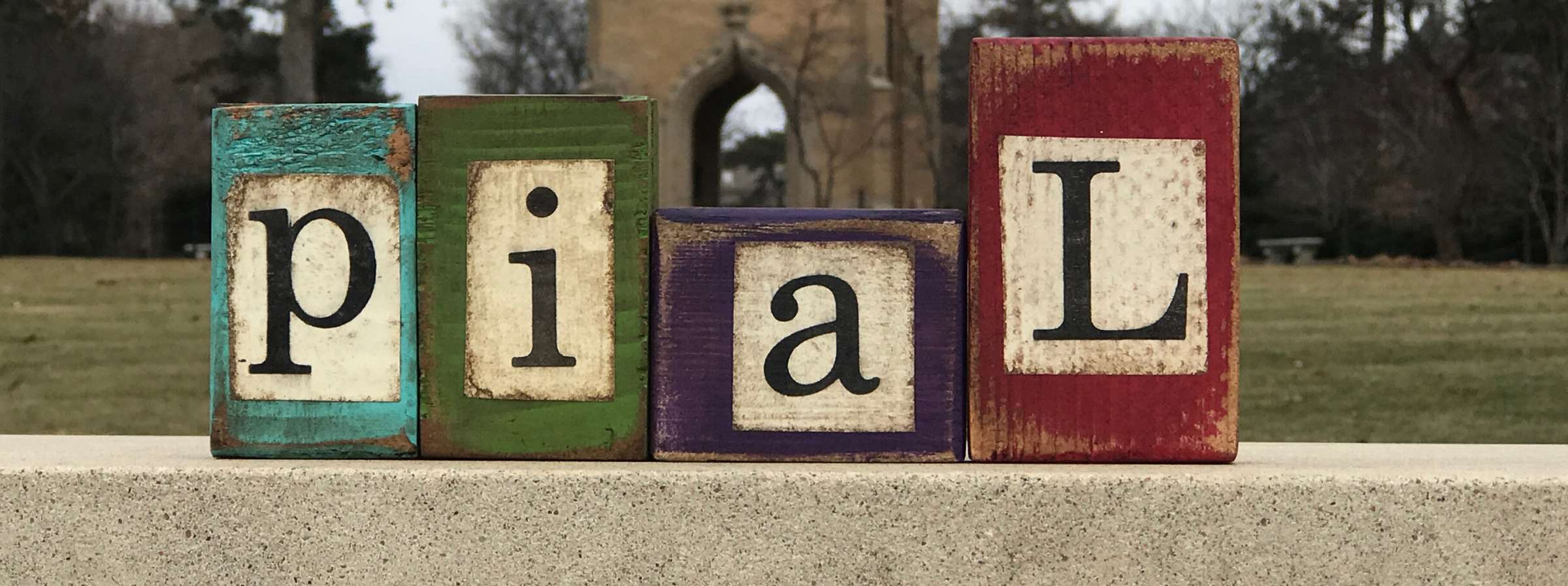What is Parenting: It's a Life?
Parenting: It’s a Life (PIAL) is a multi-component life skills program designed to introduce middle and high school youth and emerging adults to the emotional, social, and financial realities of parenting and provide resources to them before they reach parenthood.
The youth curriculum (7th-12th grades) includes topics such as Healthy Relationships, Cost of Raising a Child, and Resiliency. This free resource is a valuable addition to family and consumer science, life skills, health, and guidance classes. However, we also present to any class or youth-serving organization.
The PIAL project is a partnership between Iowa State University, the Iowa Department of Health and Human Service’s Child Support Services, and the Iowa Attorney General’s Office.
Our Mission is to equip Iowa youth and emerging adults with life skills and introduce them to the emotional, social, and financial realities of being a parent by providing a free, relevant, and research-driven curriculum to schools and youthserving agencies across Iowa.
Our Vision is to empower Iowa youth and emerging adults to be good stewards of their decision-making responsibilities across their lifespan.

